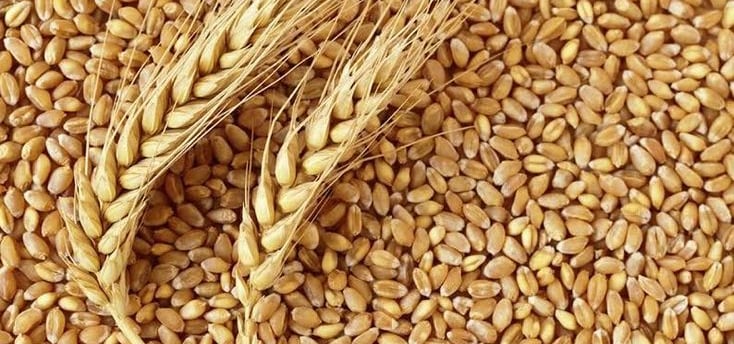The Power of Barley: Health Benefits and Nutritional Insights
Discover the Amazing Health Benefits of Barley! Barley is more than just an ancient grain; it’s a powerhouse of nutrients with numerous health benefits. From improving heart health and lowering cholesterol to aiding digestion and managing blood sugar, barley has been cherished across cultures for centuries. In this blog post, we’ll explore the many ways barley can boost your health, its nutritional profile, and how you can incorporate it into your daily diet. Whether you enjoy it as barley tea, water, or in its sprouted form, barley is a versatile and valuable addition to any balanced diet. Read on to find out why barley should be a part of your wellness routine!
Herbanics
4/7/20252 min read
Health Benefits of Barley
Barley is an ancient grain that has been cultivated for over 10,000 years in parts of Eurasia. Known for its versatility, barley is used to make everything from beer to cereals, and even as a substitute for rice in some dishes. It is a fantastic source of fiber and various essential nutrients, making it a popular choice for improving overall health.
Traditionally, barley has been used across different cultures to address various health issues, such as digestive discomfort, urinary tract infections, and kidney problems. Modern research supports some of these uses while highlighting additional benefits.
Forms of Barley
Barley is available in many forms, each offering different uses:
Sprouted Barley
Pearl Barley
Barley Oil Extract
Barley Flour
Key Health Benefits of Barley
Cholesterol & Heart Health
Barley is known to help lower both total cholesterol and LDL ("bad") cholesterol. It may also increase HDL ("good") cholesterol levels and reduce triglycerides, though the extent of these effects can vary.Blood Pressure
Consuming barley can help lower blood pressure, particularly in individuals who have high cholesterol but not necessarily high blood pressure.Blood Sugar Control & Weight Management
The fiber in barley helps regulate blood sugar levels and stabilize appetite, which may support weight management and prevent spikes in blood sugar.Digestive Health
Barley is rich in fiber, which helps improve digestion and supports a healthy gut. However, too much fiber may cause digestive discomfort in sensitive individuals.Cancer Prevention
While studies show barley’s potential in preventing stomach cancer, more research is needed. It may also promote longevity for individuals with existing digestive cancers.Nutritional Value
Barley is packed with essential nutrients such as fiber, vitamins, carbohydrates, proteins, and fatty oils. It's a great addition to a balanced diet.
Nutritional Profile of Boiled Barley (½ cup)
Calories: 118
Protein: 1.87g
Fat: 2.3g
Carbohydrates: 23g
Fiber: 3g
Sugar: 0g
Barley Water
Barley water is made by boiling barley and straining the liquid. It's a great source of iron, folate, copper, manganese, and selenium. Barley water can help:
Improve kidney and liver health
Manage blood sugar levels
Support heart health
Barley Tea
A popular drink in several Asian countries, barley tea is made from roasted barley. It's rich in antioxidants that can:
Improve oral health
Lower plaque buildup
Support overall immune function
Risks and Considerations
While barley is generally safe for most people, there are some risks to be aware of:
Allergic Reactions: Barley contains gluten, so individuals with celiac disease or gluten sensitivity should avoid it.
Pregnancy & Breastfeeding: Pregnant women should avoid large amounts of cooked barley sprouts due to the risk of bacterial contamination.
Medication Interactions: Barley can lower blood sugar levels, so it may interact with diabetes medications. Always consult a doctor before taking barley supplements or introducing barley water into your routine.
Barley is a nutritious and versatile grain that offers a wide range of health benefits. It’s a great addition to a balanced diet, but as with any supplement, it’s important to consult a healthcare professional to avoid potential side effects.


